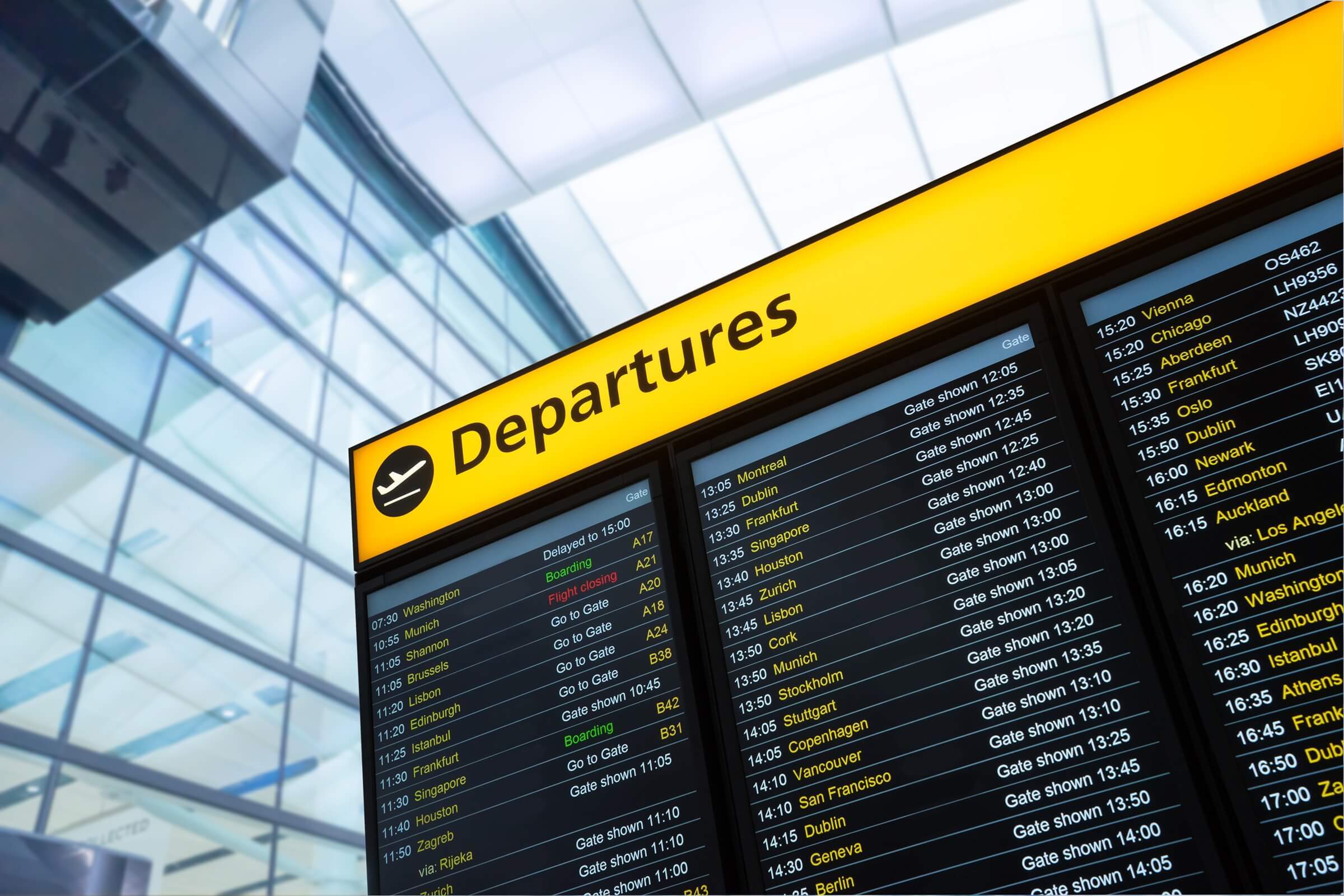Avoiding airport chaos: Volker Wissing's call for action

Following past incidents of airport chaos last year that disrupted travel plans and inconvenienced passengers, Volker Wissing, the Federal Minister of Transport, has raised concerns about potential future disruptions. Wissing emphasizes the need for proactive measures to prevent airport chaos, ensuring smooth operations and a positive travel experience for passengers. This article delves into Wissing's call for action, explores the causes of airport chaos, and discusses potential solutions to mitigate future disruptions.
Addressing airport chaos and flight disruptions
Volker Wissing's call for action highlights the importance of learning from past experiences to prevent the recurrence of airport chaos. In recent years, instances of overcrowded terminals, long security queues, and flight delays have negatively impacted passengers' travel plans and reflected poorly on Germany's aviation infrastructure. Wissing's concerns echo the sentiments of many travelers who seek reliable and efficient airport services.
Identifying the causes for airport chaos and flight irregularities
To effectively address airport chaos, it is crucial to identify the root causes of disruptions. Factors contributing to airport chaos may include inadequate infrastructure, insufficient staffing, unpredictable weather conditions, or unforeseen technical issues. Additionally, unexpected events such as strikes or security incidents can further exacerbate the situation, leading to widespread delays and passenger frustration.
Volker Wissing's call for action emphasizes the need for proactive measures to prevent airport chaos. These measures may involve a multi-faceted approach, including the following:
Infrastructure investment: Upgrading airport infrastructure, expanding terminal capacities, and enhancing security checkpoints are essential to accommodate the increasing number of passengers and minimize congestion.
Staffing and training: Ensuring sufficient staffing levels and providing comprehensive training for airport personnel are crucial to maintaining efficient operations. This includes security personnel, baggage handlers, and customer service representatives who play integral roles in passenger facilitation.
Technology integration: Adopting advanced technologies, such as automated check-in systems, self-service kiosks, and enhanced baggage handling systems, can streamline processes, reduce wait times, and improve overall efficiency.
Contingency planning: Developing robust contingency plans to address potential disruptions, such as adverse weather conditions or unexpected events, allows airports to respond swiftly and minimize the impact on passengers. Collaboration with airlines, ground handling companies, and authorities is essential for effective contingency planning.
Communication and transparency: Establishing clear communication channels with passengers during disruptions is crucial to manage expectations and provide real-time updates. Timely and accurate information regarding flight changes, delays, or cancellations can significantly alleviate passenger frustration.
What to do to avoid flight disruptions and airport chaos
Mitigating airport chaos requires collaboration among various stakeholders, including airport operators, airlines, regulatory authorities, and security agencies. Cooperation and open dialogue among these entities can lead to coordinated efforts in addressing challenges and implementing effective solutions. Regular communication and joint exercises can enhance preparedness and foster a culture of proactive problem-solving.
Volker Wissing's call for action regarding the prevention of airport chaos resonates with the need for reliable and efficient travel experiences. By addressing the causes of disruptions, implementing proactive measures, and fostering collaboration among stakeholders, Germany's airports can enhance their infrastructure, optimize operations, and minimize the likelihood of future chaos. Ensuring smooth travel experiences contributes to the reputation of Germany's aviation sector and positively impacts passengers, who deserve a seamless journey from check-in to arrival.
Latest posts
Top European airlines with delays and cancellations
Discover the top European airlines with the most delays and cancellations. Learn causes, trends, and tips to avoid travel disruptions.
Lost or damaged luggage? Our step-by-step guide
Lost or damaged luggage? Follow our step-by-step guide for tips on filing claims, recovery and solutions.
Top Christmas destinations: Europe and beyond
Discover the top Christmas destinations in Europe and beyond – festive markets, magical winter landscapes, and more!
About MYFLYRIGHT
MYFLYRIGHT is a legal tech company, specialized in the support of airline passengers affected by flight delays, flight cancellations, denied boarding, delayed or lost luggage and the refund of unused airline tickets. MYFLYRIGHT was founded 2016 in Hamburg, Germany. The company operates out of 3 offices, its headquarter in Hamburg and its branches in Prague, Czech Republic and Zaporizhia, Ukraine. Currently, MYFLYRIGHT employs a team of around 25 people working in Marketing, Operations, Legal, Customer Support and IT. The organization operates across 5 markets – Germany, United Kingdom, Romania, Austria, and Switzerland.
MYFLYRIGHT’s goal is to provide access to justice for all aviation passengers who experience irregularities in their flight transportation. Notably, 75% of all compensation requests submitted by passengers get rejected. Whereas, MYFLYRIGHT is able to successfully execute the applicable customer claims in more than 98% of cases at court.












